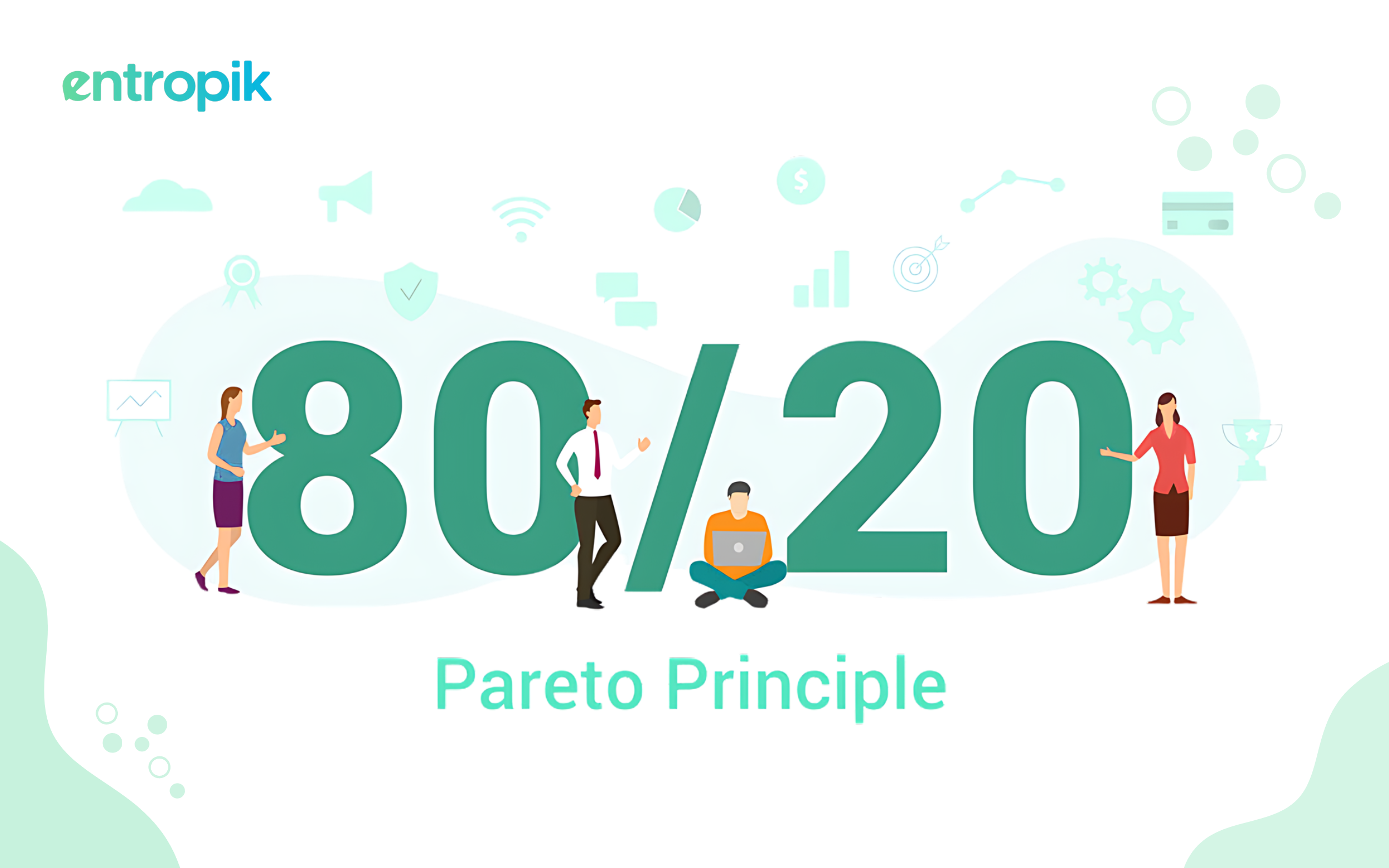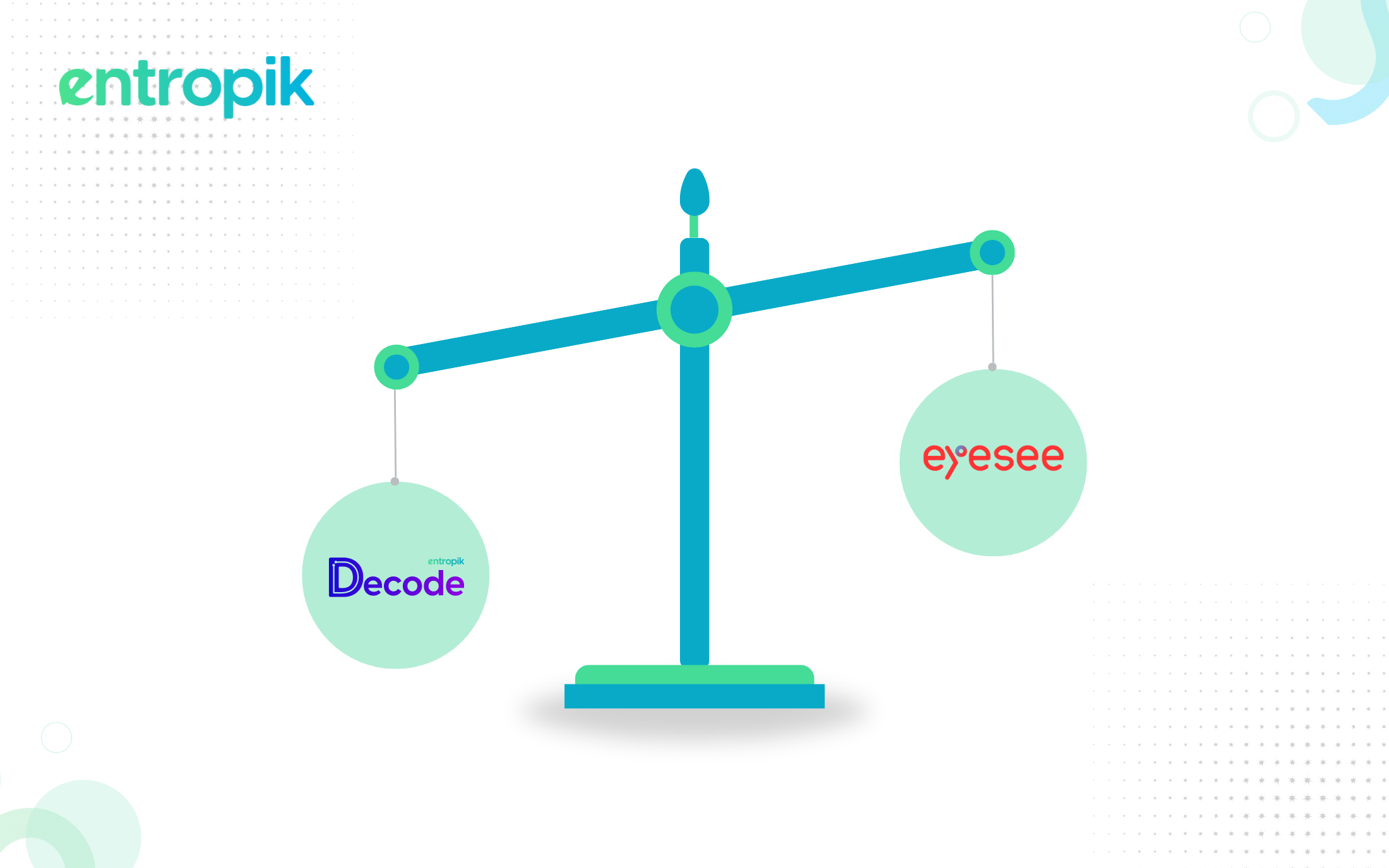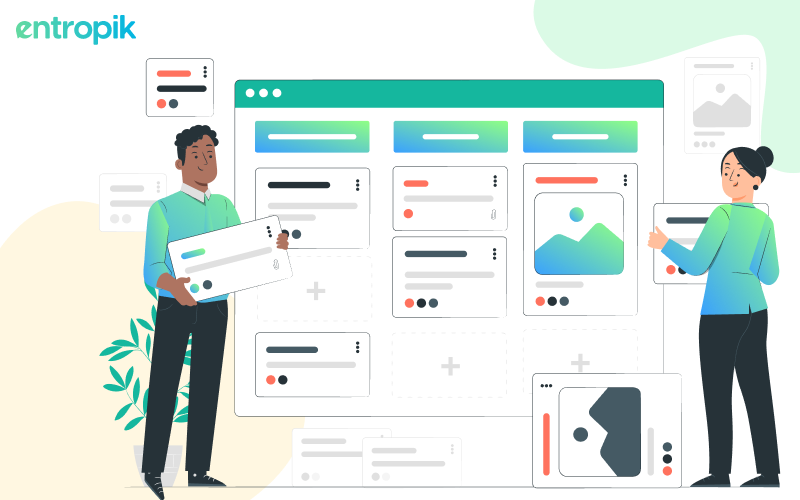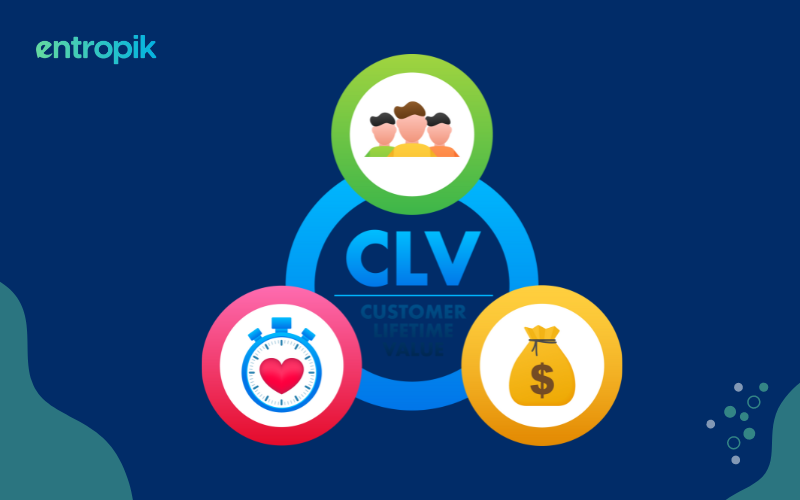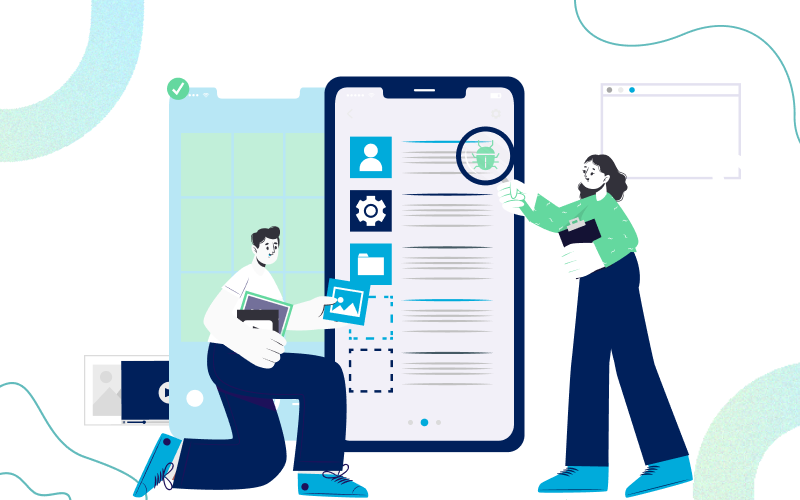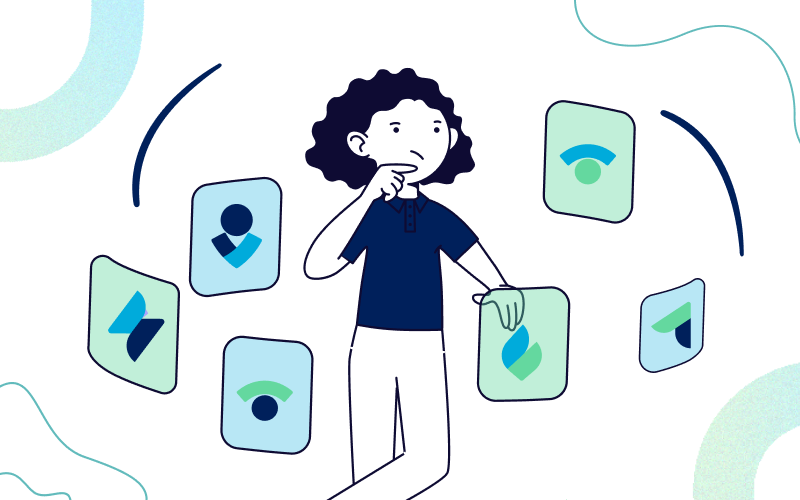With the shift to work from home, virtual hiring has
become the new norm. And as we are entering the new
paradigm of the pandemic, remote interviewing is here to
stay.
Now we know most leaders know how to
conduct virtual interviews, and they had conducted them
even before the virus hit, but that doesn't mean they
are comfortable with it. Did you know that
22% of the recruiters
say they will scrap video interviews as soon as lockdown
is over? Why? Because they have not cracked the code of
remote interviewing yet.
Well, it looks like the world is not going back to normal anytime soon. And most HR leaders know it's high time they cracked the code, and as the new year has arrived, many HR leaders are wondering how to do that.
6 Secrets to Conducting Great Remote Interviews
To help you make real progress toward the elusive goal of running virtual interviews effectively - ones that let you hire top talent even from afar, we have combined a list of 6 best practices and tips. Let's dive right in.
1. Set Aside Some Time for Normal Conversation
While conducting a virtual interview, make sure to set
aside a few minutes to chat with your interviewee at the
beginning of your conversation. Taking a few minutes to
engage naturally puts the candidate at ease and sets him
up for success.
If you want to hire great
candidates, you need to make some effort. These days, good
candidates do not have a shortage of options, and they are
not just looking to boost their salaries. They are looking
for companies that value them and value their well-being
and a workplace culture that aligns with their values and
sensibilities. And the way you, the interviewer, present
yourself — and connect with candidates will determine how
your prospective employees view your organization.
Remember,
these five minutes you spend connecting with the
candidates at a human level can help you attract the good
candidates; they are just like a traffic light. They may
slow down your commute, but they will keep you safe on the
road.
2. Record the Interviews
It is no secret that coronavirus has transformed the way
we communicate. Nowadays, we all participate in many
virtual conversations; it's impossible to remember
them fully. Also, if you conduct back-to-back interviews,
you will inevitably miss some things. But the great thing
about these remote interviews is you can easily record
them without looking creepy. This way, you can easily
refer to them if you cannot recall any detail later.
Also,
we would suggest uploading the recording to a system that
transcribes these conversations so that you can quickly go
through these conversations and catch up on things you
might have missed. Or you can even share these virtual
interviews recordings and get them reviewed by more team
members. Or can use these recordings for training purposes
for new hiring managers and recruiters.
Recruiting
is tough, and you cannot afford errors; by recording the
interview, you can re-refer them at your own convenience
and lower your stakes of hiring the wrong candidates.
3. Be Respectful
People across the world are dealing with change at an
unprecedented pace; showing some respect will not hurt
you, but it will put your interviewee at ease and create a
positive atmosphere. There are many ways in which you can
show respect. The one universally recognized way to show
respect is by joining the call on time. And by starting it
off with a digital handshake.
You usually start
the interview with a handshake and give the interviewee
some time to settle in when you interview someone
in-person. This isn't always the case for a remote
interview, but it is crucial to make an initial connection
in the virtual world. So, after you say hello, look right
into the camera to forge a connection. This allows you to
connect with the interviewee and establish a
human-to-human rapport and may enable the interviewee to
open up even from afar. And by leaning into this
phenomenon, you can draw out candidates more quickly.
4. Use the Right Tech Tools
Hiring somebody across the world has never been easier
tools like Zoom, Teams, etc., have made it possible to
conduct remote interviews. But it's easy to forget
that they are
virtual collaboration tools; they are not specifically designed for interviews. So,
they can fall short of expectations. And, yes, they can
make it tough to scan and get the most out of these
interviews.
Consider the struggle of an
interviewee if they need to find something out of these
interviews, they have to go back and refer to the whole
conversation. This is really tough to do as an average
interview lasts between 45 minutes and one hour. And, if
you are conducting a lot of them, that makes it even more
challenging. So, it's crucial that you use tools that
let you highlight the important part of these interviews
and let you quickly search for crucial information from
these interviews.
Remember, virtual interviews
can make hiring better but only if you use the right
tools.
5. Pay Some Attention to How You Communicate
It is relatively easy to communicate in an in-person
interview because you pay attention to the nonverbal
signals of the interviewee and enhance your communication
accordingly. Virtual interviews require more thoughtful
communication. For example, you need to leave some space
for silence. Sometimes, due to delays and connectivity
issues, it's easier to talk over one another in a
remote interview accidentally. So, if you are asking a
question, leave a couple of seconds of silence after - to
give the interviewee some time to answer them.
Also,
once they answer the question, take a beat before you ask
the next question; maybe they are just pausing. Remember
jumping in with another question too soon can disrupt your
interviewee flow, and this may make you seem rude to them
even if you did not intend to be.
Now I know
this virtual interview tip seems like common sense, but
that does not mean it's a common practice. Even if
every interviewer knows they should pause, hold eye
contact and engage with the interviewee, they don't
always do it.
6. Use a Tool That Lets You Find Key Information
When conducting virtual interviews, it can be tempting to
assume that you will be able to go through the interview
again just because you are recording it. But that's
not the case. One of the biggest problems with these
recordings is that they can be hard to sort through.
Suppose you're looking for a specific portion of an
interview. In that case, you'll either need to listen
to the whole recording or aimlessly skip around until you
find it, which makes it tough to find the critical
information from these interview recordings.
And
that's why most interviewers never use these
recordings. But you can avoid this by using a tool that
lets you search these recordings. So instead of checking
the whole transcript of your interview recording to find
something, you can just type in a keyword and see all the
times it appears by using the search feature. This way,
you can quickly go through the interview recording and
find what you are looking for.
Over to You!
Every business has faced an enormous set of challenges
over the past year and a half. And it's the tech
tools that have let most companies stay connected with
their candidates, teams, and clients; and have allowed
them to survive and thrive in this global crisis and keep
them afloat.
Though running effective virtual
interviews may be challenging, it is a skill that will
only increase in importance over time. So, it's time
you master this skill, and these virtual interview tips
can help you do that.
{{cta-button}}




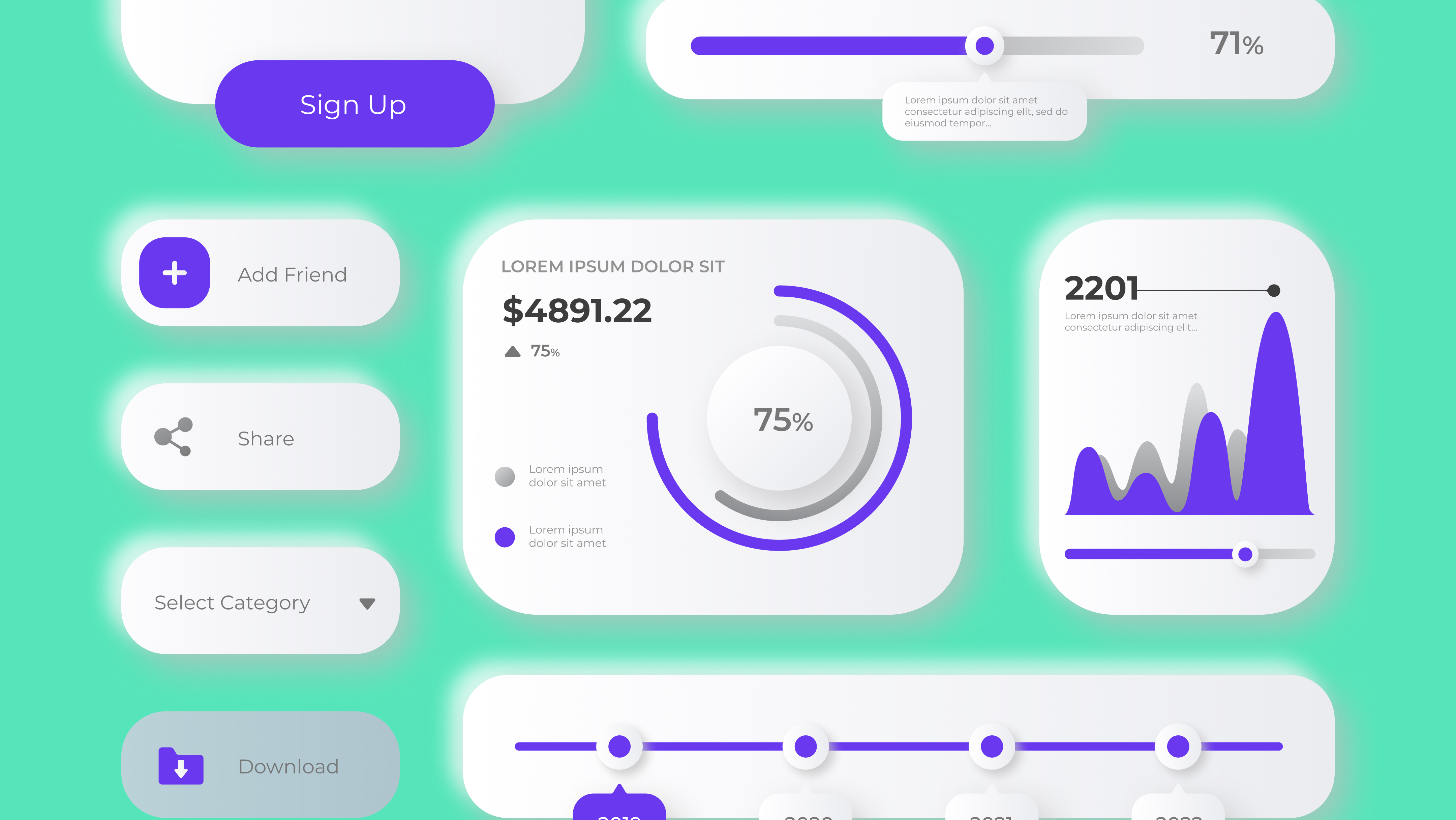








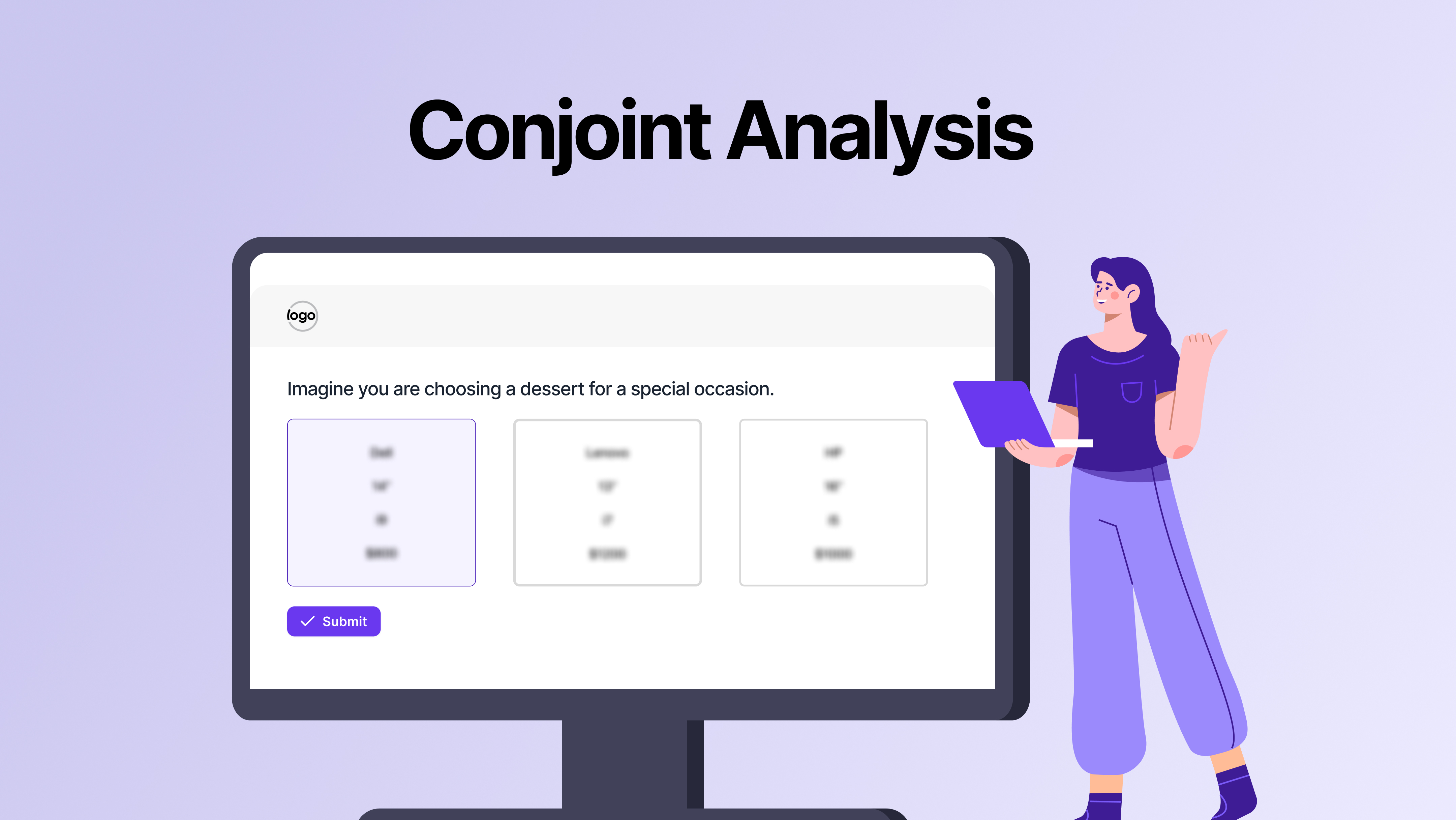

.jpg)





















